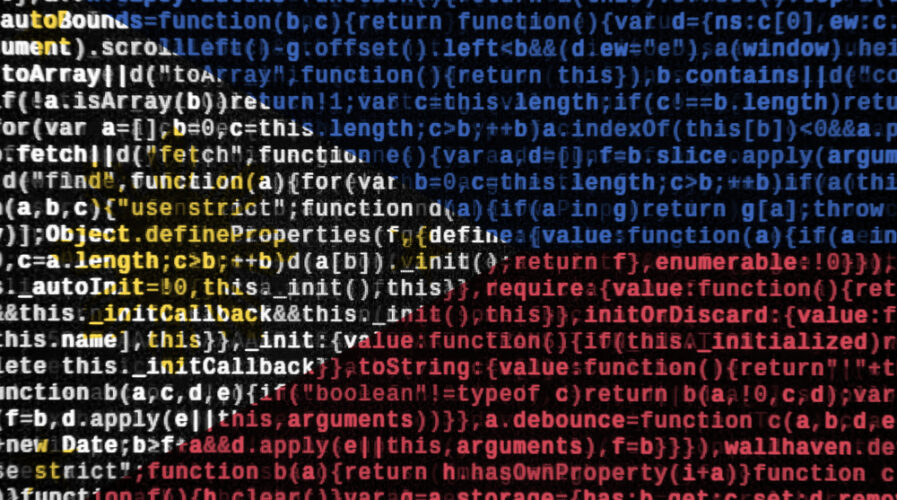
Biometrics, AI, and digital IDs to be key as the Philippines ramps up its digital transformation. Source: Shutterstock
Why the Philippines’ digital shift could stick
- Biometrics, AI, and national digital IDs are three of the key areas identified as organizations in the Philippines ramp up their digital transformation
With the Philippines still under varying degrees of lockdown restrictions as it attempts to get ahold of its pandemic response, a recent study from data management consultancy TransUnion Information Solutions has uncovered that the shift towards digital could be permanent for Filipino businesses.
For a country of its size, the Philippines has been hesitant to cross the ‘digital divide’ at a quicker pace prior to this year. But in 2019, an overwhelming number of business leaders in the country had pledged to focus on digital transformation as a strategic imperative.
And when the coronavirus threatened to engulf the mostly cash-reliant archipelago, the Philippines unexpectedly saw a steady take-up of cashless and digital payment methods, steadier acceptance of e-commerce instead of physical shopping, and even witnessed the first ‘cash-lite’ community in the whole of the Philippines.
At the same time, the country’s small and micro enterprises (SMEs) were expected to struggle in the aftermath of the pandemic if they did not embrace digitization, with the SME ecosystem in the country responsible for funding upwards of 2.5 million jobs.
But the TransUnion report New Dimensions of Change: Building Trust in a Digital Consumer Landscape of 1,610 executives from a number of countries like Brazil, Canada, Chile, Hong Kong, India, the Philippines, South Africa, the UK, and the US, also included 115 Philippine executives that highlighted how a majority of their organizations had embraced digitalization, including cloud services and digital payment channels.
“COVID-19 has dramatically accelerated digital transformation with 78% of Philippine executives surveyed as part of our study saying their organization has changed their digital transaction process due to the pandemic,” commented Pia Arellano, the president and CEO of TransUnion Philippines.
“But all of this digital progress will be wiped out if we can’t remove these barriers to building bilateral digital trust. For instance, 70% of Philippine executives in the study who said their company changed their digital transaction process as a result of the pandemic experienced glitches,” she warned.
The growing pains of adopting digital alternatives for the first time, such as system migration issues or cybersecurity threats, will need to addressed as organizations scale up their capabilities. Overcoming standard cyber threats and putting up defenses to fraudulent transactions will also need to take priority, the survey found.
About 92% of the Philippines and 85% of global executives say biometrics are likely to be used to authenticate the vast majority of payments in the next 10 years. About 46% of Philippine and 43% of global respondents agreed that improved fraud detection and security is the greatest benefit to using AI.
This was the top selection by far with smoother customer experience being the second most used answer globally at 29% worldwide and 23% in the Philippines.
The vast majority of executives, 84% in the Philippines and 79% globally think national digital IDs will help with fraud prevention in consumer transactions. Seven in 10 executives globally along with 77% in the Philippines believe a national digital ID gives low-income groups access to consumer services they would have previously been excluded from.
The Philippine Statistics Authority says it will begin registering Filipinos for the Philippine national digital ID, “Phil ID,” in Q4 of 2020. “Ensuring consumer trust starts with preventing fraud. Our research overwhelmingly showed that biometrics, AI, and national digital IDs aren’t just a fad for consumer fraud prevention. They are key for trusted commerce for the foreseeable future,” said Arellano.
READ MORE
- Ethical AI: The renewed importance of safeguarding data and customer privacy in Generative AI applications
- How Japan balances AI-driven opportunities with cybersecurity needs
- Deploying SASE: Benchmarking your approach
- Insurance everywhere all at once: the digital transformation of the APAC insurance industry
- Google parent Alphabet eyes HubSpot: A potential acquisition shaping the future of CRM


